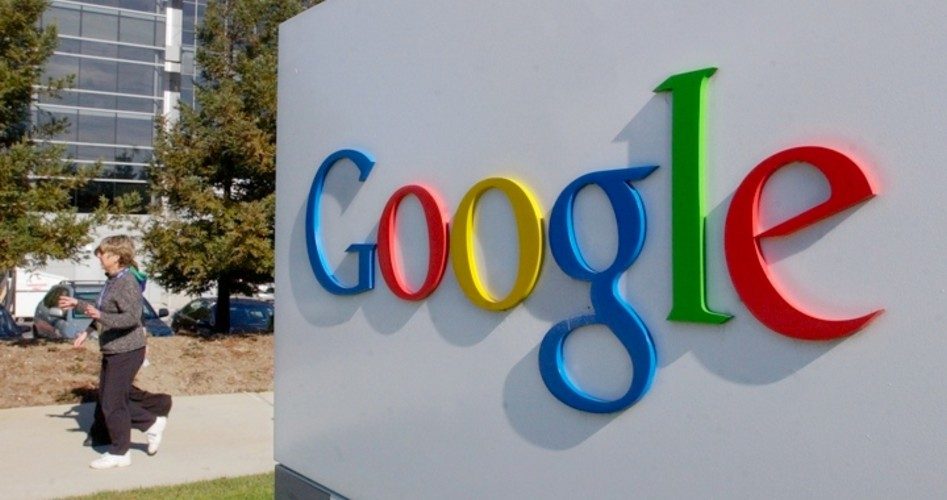
Following meetings with pro-family and anti-porn groups, Google has initiated a policy that will remove sexually explicit advertising from its sites.
In May, Porn Harms, a part of Morality in Media, organized a meeting between Google executives and pro-family groups, including the Family Research Council, Concerned Women for America, Enough is Enough, and Focus on the Family. According to Breitbart News, Porn Harms had named Google to its “Dirty Dozen,” a list of companies that partner and facilitate the porn industry. “Specifically the group complained to Google about porn on Google Play, porn on Google-owned YouTube, and also porn on Google ads,” reported Brietbart.
Following the meeting at Google’s Washington, D.C. offices, Google sent a message to questionable advertisers confirming that it would no longer accept advertisements through Google AdWords that promote graphic depictions of sexual acts. The e-mail warned that under the new policy “Google will disapprove all ads and sites that are identified as being in violation of our revised policy. Our system identified your account as potentially affected by this policy change. We ask that you make any necessary changes to your ads and sites to comply so that your campaigns can continue to run.”
Breitbart News reported that additionally, “early last month Google announced it removed all pornographic apps and most sexual apps from Google Play. According to Dawn Hawkins of Porn Harms, Google has improved its ‘safe search’ and ‘safety mode’ and has created a tool for parents in Google’s safety center.”
Baptist Press News reported that “Google’s advertising approval process includes three status labels: approved; approved (non-family); and approved (adult). Non-family and adult ads don’t appear if someone has the Google SafeSearch filter activated. Under Google’s new policies, more ads will be given a non-family or adult label or be disapproved. Google says the change will affect all countries.”
Pro-family groups applauded Google’s move, with Morality in Media saying in a statement: “We are grateful that [Google executives] are realizing that their profits from porn are not worth the devastation to children and families.” The group noted that other online companies such as Facebook and Comcast are working to tighten up on porn ads as well.
Dr. Janet Morse of the pro-family Ruth Institute applauded Google’s new policy, pointing out that “pornography is turning out to be one of the biggest causes of divorce, if you talk to divorce lawyers or marriage counselors.”
Dr. Morse told EWTN News that Google’s decision will equate into a benefit to society as a whole, given pornography’s complicity in promoting anti-social behavior. “Pornography use has become an anti-social issue,” she said, “because it’s a form of anti-social behavior when you think about the fact that human sexuality is designed to draw men and women together for the good of the species and for the good of society.”
She argued that pornography “turns that whole intrinsically pro-social desire into something that’s completely private and personal and isolated,” preventing individuals “from being in real relationships with real people.”
Photo: AP Images



